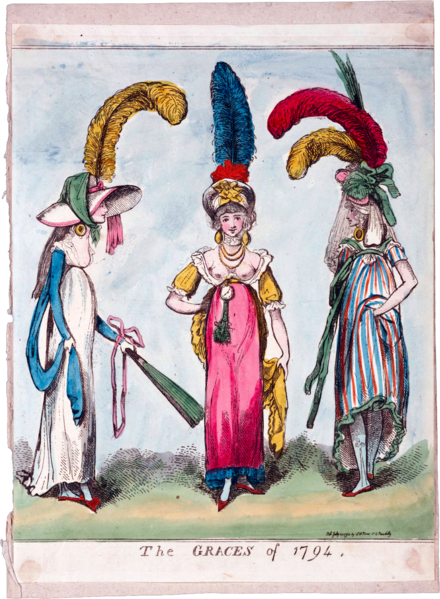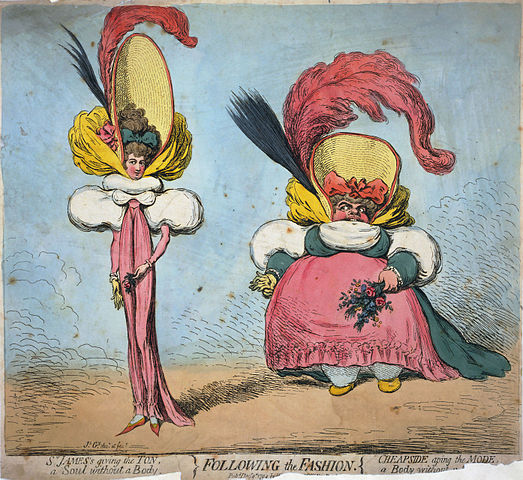
The Thammasat University Library has newly acquired a book that should be useful for students interested in English, linguistics, literature, and related subjects.
The Elements of Style by William Strunk Jr. and E. B. White is a guide to writing English prose. Professor Strunk taught English at Cornell University, New York, the United States of America. E. B. White was one of his students at Cornell, and became a noted writer. The TU Library collection includes several books by and about E.B. White, including his most famous work, the children’s book Charlotte’s Web.
The advice given in Elements of Style is not always up to date, since the first version of the books appeared over one hundred years ago. Yet many of its suggestions are still useful , especially for writers of Thai English.
For example, the following rules:
- Do not break sentences in two.
- Use definite, specific, concrete language
- Omit needless words.
- Keep related words together.
- In summaries, keep to one tense.
- Revise and rewrite.
- Do not overwrite.
- Do not overstate.
- Avoid the use of qualifiers.
- Do not affect a breezy manner.
- Use orthodox spelling.
- Do not explain too much.
- Avoid fancy words.
- Be clear.
- Do not inject opinion.
- Use figures of speech sparingly.
- Do not take shortcuts at the cost of clarity.
- Avoid foreign languages.
- Prefer the standard to the offbeat.
If writers of Thai English keep these goals in mind, their prose style will probably improve. For example, if we are writing about a serious subject for an academic research article or thesis, there may be a temptation to use a lot of long words to show how important our topic is. Professor Strunk advises us not to do that:
Vigorous writing is concise. A sentence should contain no unnecessary words, a paragraph no unnecessary sentences, for the same reason that a drawing should have no unnecessary lines and a machine no unnecessary parts. This requires not that the writer make all his sentences short, or that he avoid all detail and treat his subjects only in outline, but that he make every word tell.

E, B, White writes in an introduction:
The Elements of Style does not pretend to survey the whole field. Rather it proposes to give in brief space the principal requirements of plain English style. It concentrates on fundamentals: the rules of usage and principles of composition most commonly violated… Omit needless words!” cries the author on page 23, and into that imperative Will Strunk really put his heart and soul. In the days when I was sitting in his class, he omitted so many needless words, and omitted them so forcibly and with such eagerness and obvious relish, that he often seemed in the position of having shortchanged himself—a man left with nothing more to say yet with time to fill, a radio prophet who had out-distanced the clock. Will Strunk got out of this predicament by a simple trick: he uttered every sentence three times. When he delivered his oration on brevity to the class, he leaned forward over his desk, grasped his coat lapels in his hands, and, in a husky, conspiratorial voice, said, “Rule Seventeen. Omit needless words! Omit needless words! Omit needless words!” He was a memorable man, friendly and funny. Under the remembered sting of his kindly lash, I have been trying to omit needless words since 1919, and although there are still many words that cry for omission and the huge task will never be accomplished, it is exciting to me to reread the masterly Strunkian elaboration of this noble theme. It goes: Vigorous writing is concise. A sentence should contain no unnecessary words, a paragraph no unnecessary sentences, for the same reason that a drawing should have no unnecessary lines and a machine no unnecessary parts. This requires not that the writer make all sentences short or avoid all detail and treat subjects only in outline, but that every word tell.
There you have a short, valuable essay on the nature and beauty of brevity—fifty-nine words that could change the world. Having recovered from his adventure in prolixity (fifty-nine words were a lot of words in the tight world of William Strunk Jr.), the professor proceeds to give a few quick lessons in pruning. Students learn to cut the dead-wood from “this is a subject that,” reducing it to “this subject,” a saving of three words. They learn to trim “used for fuel purposes” down to “used for fuel.” They learn that they are being chatterboxes when they say “the question as to whether” and that they should just say “whether”—a saving of four words out of a possible five. The professor devotes a special paragraph to the vile expression the fact that, a phrase that causes him to quiver with revulsion. The expression, he says, should be “revised out of every sentence in which it occurs.” But a shadow of gloom seems to hang over the page, and you feel that he knows how hopeless his cause is. I suppose I have written the fact that a thousand times in the heat of composition, revised it out maybe five hundred times in the cool aftermath. To be batting only .500 this late in the season, to fail half the time to connect with this fat pitch, saddens me, for it seems a betrayal of the man who showed me how to swing at it and made the swinging seem worthwhile.
I treasure The Elements of Style for its sharp advice, but I treasure it even more for the audacity and self-confidence of its author. Will knew where he stood. He was so sure of where he stood, and made his position so clear and so plausible, that his peculiar stance has continued to invigorate me—and, I am sure, thousands of other ex-students—during the years that have intervened since our first encounter. He had a number of likes and dislikes that were almost as whimsical as the choice of a necktie, yet he made them seem utterly convincing. He disliked the word forceful and advised us to use forcible instead. He felt that the word clever was greatly overused: “It is best restricted to ingenuity displayed in small matters.” He despised the expression student body, which he termed gruesome, and made a special trip downtown to the Alumni News office one day to protest the expression and suggest that studentry be substituted—a coinage of his own, which he felt was similar to citizenry. I am told that the News editor was so charmed by the visit, if not by the word, that he ordered the student body buried, never to rise again. Studentry has taken its place. It’s not much of an improvement, but it does sound less cadaverous, and it made Will Strunk quite happy.

(All images courtesy of Wikimedia Commons)
